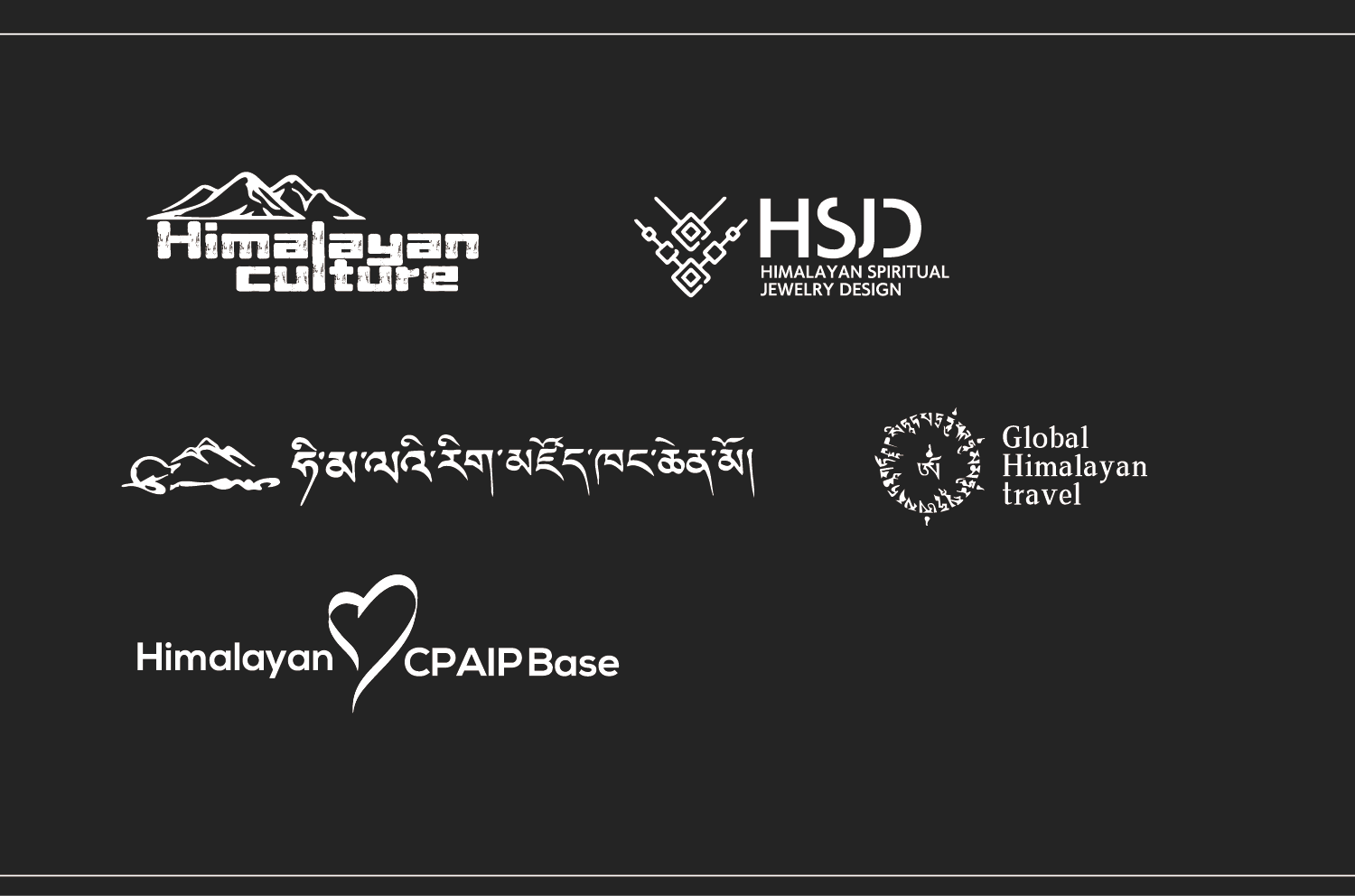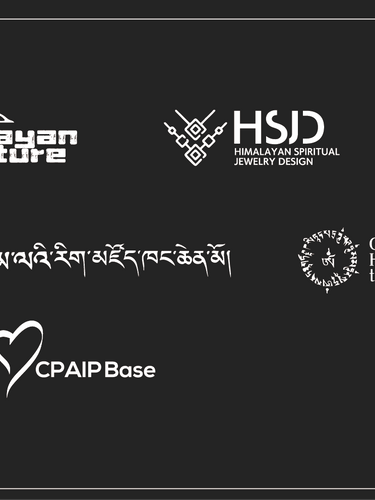
Buddhism, with its profound philosophy and teachings, offers a path to transcend suffering and attain liberation. Rooted in ancient wisdom, Buddhist principles delve into the depths of the human experience, offering profound insights into the nature of existence and the means to alleviate suffering.
Understanding the Essence of Buddhist Teachings
Buddhism, a philosophy rooted in ancient wisdom, offers a profound understanding of the human condition. At its core lie the Four Noble Truths, an encapsulation of life's realities. These truths acknowledge suffering as an intrinsic part of existence, delineating its origins, cessation, and the path leading to liberation.
Central to this understanding is the concept of Dukkha, often translated as 'suffering.' However, Dukkha extends far beyond mere pain or distress; it encompasses a fundamental unsatisfactoriness inherent in worldly existence. It acknowledges the impermanence and dissatisfaction woven into the fabric of life, forming the basis for recognizing the need for liberation.
Within this context, the practice of mindfulness emerges as a transformative tool. Mindfulness, the art of being present in the moment without judgment, allows individuals to observe their thoughts, emotions, and sensations with clarity. By cultivating mindfulness, one can transcend the grip of suffering, gaining deeper insights into the nature of existence and the causes of discontent.
The Four Noble Truths and the concept of Dukkha collectively serve as guideposts, pointing towards the essence of human suffering and its resolution. They illuminate the human condition, offering a comprehensive framework to comprehend the roots of discontent and the means to break free from its shackles.
Moreover, Buddhist teachings advocate for the cultivation of virtues like compassion, kindness, and empathy. Embracing these qualities not only alleviates personal suffering but also extends a transformative influence on the world. Compassion becomes a driving force, fostering connections and understanding among individuals, ultimately contributing to collective well-being.
The Practice of Mindfulness
Central to Buddhist teachings is mindfulness - the practice of being present in the moment. Cultivating mindfulness enables individuals to observe thoughts, emotions, and sensations without attachment, fostering a deeper understanding of oneself and the nature of suffering.
Breaking the Chains of Suffering through Buddhist Practices: Meditation as a Tool for Liberation
Meditation, a cornerstone of Buddhist practice, serves as a transformative tool for achieving liberation from suffering. Rooted in mindfulness and introspection, meditation offers a profound avenue to delve into the depths of one's consciousness, facilitating a journey towards self-discovery and liberation.
At its essence, meditation is the practice of cultivating a heightened state of awareness, enabling individuals to observe their thoughts, emotions, and sensations with clarity and non-judgment. By immersing oneself in meditation, one can unravel the layers of conditioned thought patterns and habitual reactions, paving the way for a deeper understanding of the self and the nature of suffering.
Various meditation techniques exist within the realm of Buddhist practice, each designed to serve different purposes and cultivate specific mental faculties. Mindfulness meditation, for instance, focuses on being present in the moment, observing thoughts and sensations as they arise without attachment or aversion. This practice cultivates a state of calmness, clarity, and heightened awareness, fostering a deeper understanding of the transient nature of experiences.
Concentration meditation, another prevalent form of meditation, involves focusing attention on a single object, such as the breath or a mantra. This practice enhances mental discipline, cultivates focus, and allows individuals to develop a heightened sense of concentration, leading to increased mental stability and tranquility.
Moreover, loving-kindness meditation, or metta meditation, centers on cultivating feelings of compassion and goodwill towards oneself and others. By consciously generating feelings of love and kindness, practitioners break down barriers of self-centeredness and foster a sense of interconnectedness, thereby diminishing the causes of suffering arising from selfish desires and aversions.
Through consistent meditation practice, individuals gradually untangle the web of mental chatter and conditioned responses, fostering a sense of inner peace and equanimity. This process involves recognizing the transient nature of thoughts and emotions, allowing them to arise and pass without clinging or identification. In this way, meditation serves as a tool for liberating oneself from the grip of attachment and aversion, the very root causes of suffering.
Furthermore, meditation is not confined to the cushion; its effects extend beyond the practice itself. The insights gained during meditation permeate daily life, influencing how individuals navigate challenges, interact with others, and perceive the world. It instills a sense of mindfulness in everyday activities, fostering a deeper sense of presence and engagement with the present moment.
Compassion and the Alleviation of Suffering
Central to Buddhism is the cultivation of compassion and altruism. Embracing kindness and empathy towards oneself and others is instrumental in alleviating suffering. Compassion becomes a potent force in breaking the chains of self-centeredness, fostering a more profound connection with the world.
Buddhist Teachings: A Liberating Path for Humanity
The teachings of impermanence and non-attachment guide individuals to recognize the transient nature of all phenomena. Understanding that attachment leads to suffering, Buddhism emphasizes letting go and embracing change, offering a pathway to liberation.
The Eightfold Path serves as a comprehensive guide to ethical living and spiritual development. It encompasses principles of wisdom, ethical conduct, and mental discipline, providing a structured approach towards breaking free from suffering.
Oriental Aesthetics stands as a beacon for oriental artists, collectors, and enthusiasts, providing high-quality professional services tailored to their needs. With a profound appreciation for classical oriental art, the company endeavors to create a platform that nurtures and celebrates the beauty and depth of this rich artistic heritage.
At Oriental Aesthetics, we aim to create an environment where artistry thrives. By fostering connections between artists, collectors, and enthusiasts, we strive to build a community that appreciates and supports the essence of oriental art. Our platform serves as a conduit for artistic expression and exploration, promoting the transformative power embedded in the beauty of oriental art.
With a commitment to promoting cultural understanding, Oriental Aesthetics seeks to bridge cultural gaps through the universal language of art. By providing a platform for interaction and appreciation, we aim to cultivate a deeper understanding and appreciation for oriental art among diverse audiences worldwide.























